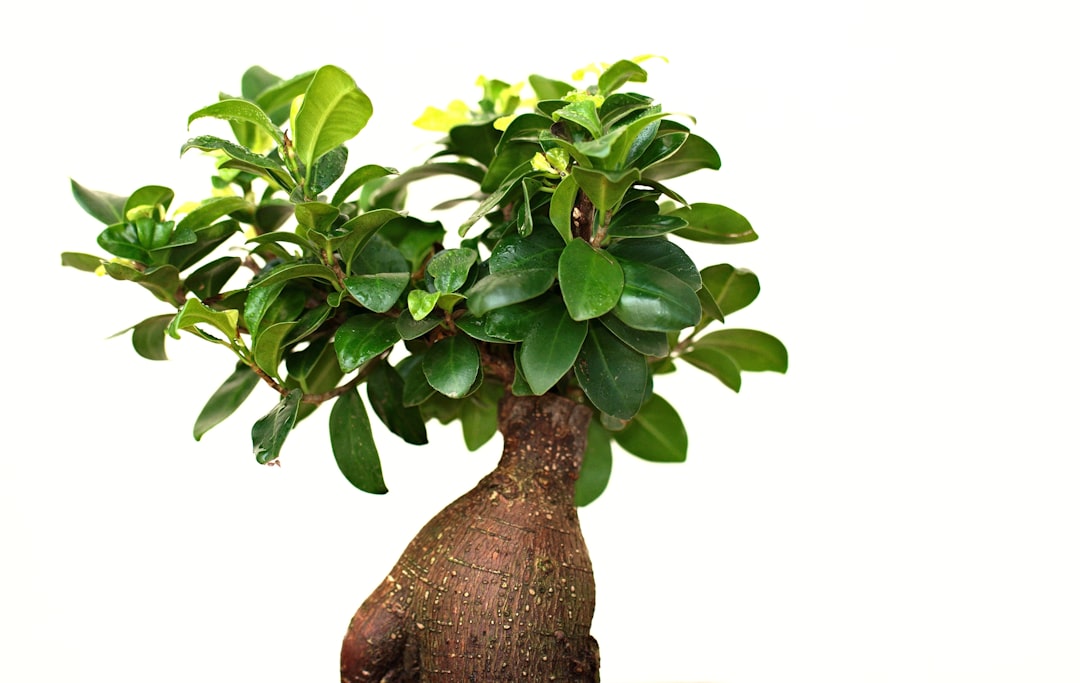When it comes to gardening, choosing the right pear tree for your climate is crucial for a successful and thriving orchard. There are several types of pear trees available, each with its own unique characteristics and adaptability to different climates. In this article, we will explore some of the best pear tree varieties that can thrive in various climate conditions.
### Understanding Climate Zones
Before selecting a pear tree, it's essential to understand your local climate zone. The United States Department of Agriculture (USDA) has divided the country into 13 climate zones based on average annual minimum temperatures. Knowing your zone will help you determine which pear tree varieties are most likely to grow well in your area. For example, if you live in a colder climate (zones 3 - 5), you'll need a pear tree that is cold - hardy. On the other hand, if you're in a warmer climate (zones 8 - 10), heat - tolerant varieties are more suitable.
### Cold - Hardy Pear Trees
1. Bartlett Pear
The Bartlett pear is one of the most well - known pear varieties. It is moderately cold - hardy and can grow in zones 5 - 8. This tree produces large, juicy pears that are excellent for eating fresh, canning, or making into pear sauce. The Bartlett pear tree has a beautiful shape and is also a great addition to the landscape. It typically blooms in the spring with white flowers, adding a touch of elegance to your garden.
2. Anjou Pear
Anjou pears are another cold - tolerant option, suitable for zones 5 - 8. These pears are known for their smooth, green skin and sweet, buttery flavor. They are great for fresh eating and also hold up well in cooking. Anjou pear trees are relatively easy to care for and can be a good choice for beginner gardeners in colder regions. They require full sun and well - drained soil to thrive.
3. Kieffer Pear
The Kieffer pear is extremely cold - hardy and can grow in zones 4 - 9. This variety is a cross between a European pear and a Chinese sand pear. Kieffer pears are large, with a firm texture and a sweet - tart flavor. They are often used for canning and making preserves. The Kieffer pear tree is also resistant to many common pear diseases, making it a low - maintenance option for cold climates.
### Heat - Tolerant Pear Trees
1. Orient Pear
The Orient pear is well - suited for warmer climates, growing best in zones 7 - 10. It produces medium - sized pears with a unique, spicy flavor. The tree is relatively fast - growing and can be a good choice for those in southern regions. Orient pears are great for fresh eating and can also be used in baking.
2. Warren Pear
Warren pears are heat - tolerant and can thrive in zones 7 - 9. These pears have a sweet, juicy flavor and a smooth texture. The Warren pear tree is a self - fertile variety, which means you don't need to plant another pear tree nearby for pollination. This makes it a convenient option for small gardens in warm areas.
3. Moonglow Pear
The Moonglow pear is suitable for zones 5 - 9, but it shows excellent heat tolerance in the warmer end of this range. It produces large, golden - yellow pears with a sweet and slightly tangy flavor. The Moonglow pear tree is also resistant to fire blight, a common and damaging disease in pear trees. This makes it a reliable choice for gardeners in both moderately warm and hot climates.
### Other Considerations
When choosing a pear tree, besides climate, you also need to consider pollination requirements. Most pear trees are not self - fertile, which means they need another compatible pear tree nearby to produce fruit. Make sure to research the pollination needs of the variety you choose and plant the appropriate companion trees. Additionally, proper soil preparation, watering, and pruning are essential for the health and productivity of your pear tree. Pears prefer well - drained, loamy soil with a pH between 6.0 and 7.0. Regular watering, especially during dry periods, is crucial, and pruning should be done in the winter to shape the tree and remove any diseased or dead branches.
In conclusion, with careful consideration of your climate zone and the specific characteristics of different pear tree varieties, you can select a pear tree that will thrive in your garden. Whether you're in a cold northern climate or a warm southern area, there is a pear tree out there that can provide you with delicious fruit and enhance the beauty of your landscape.

